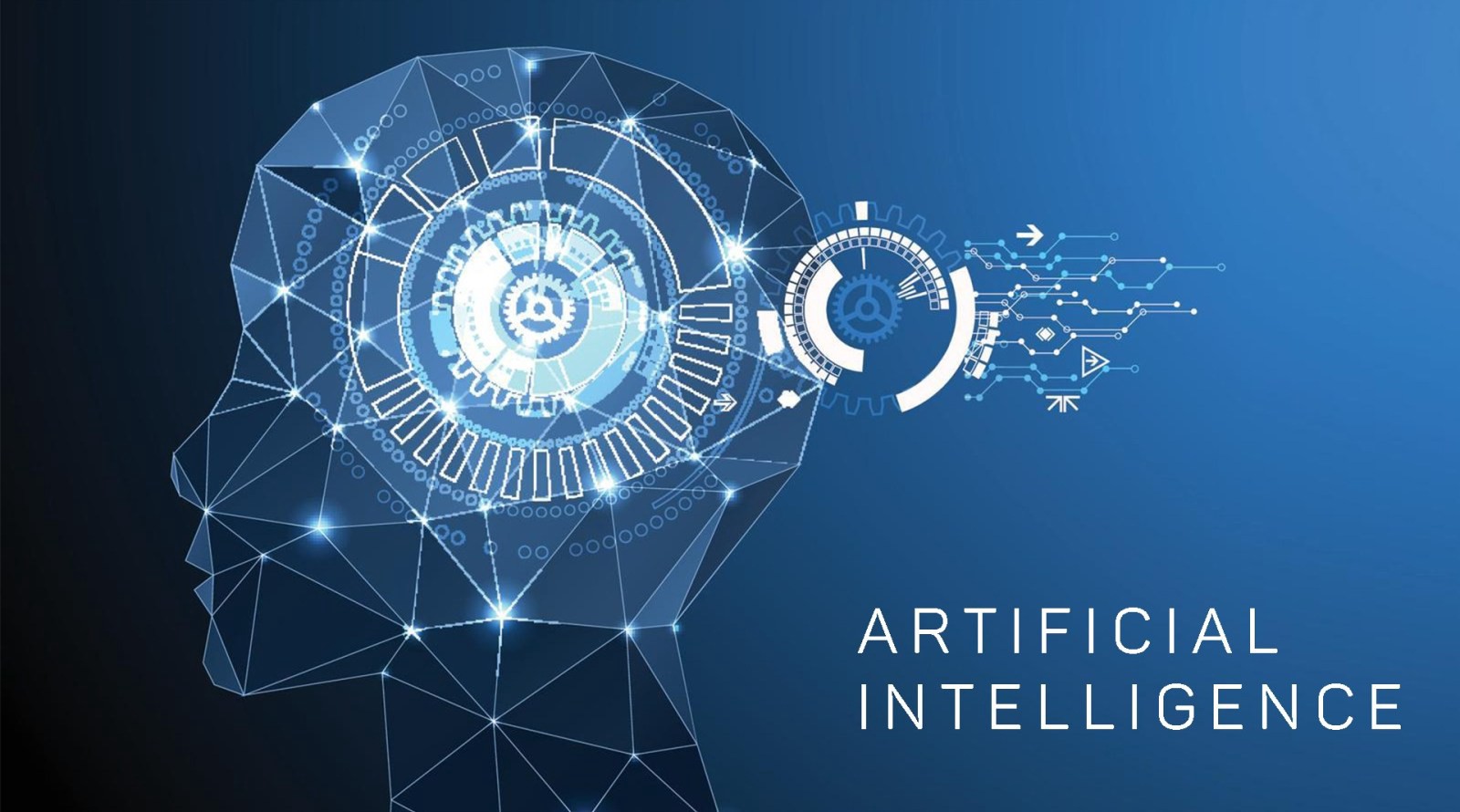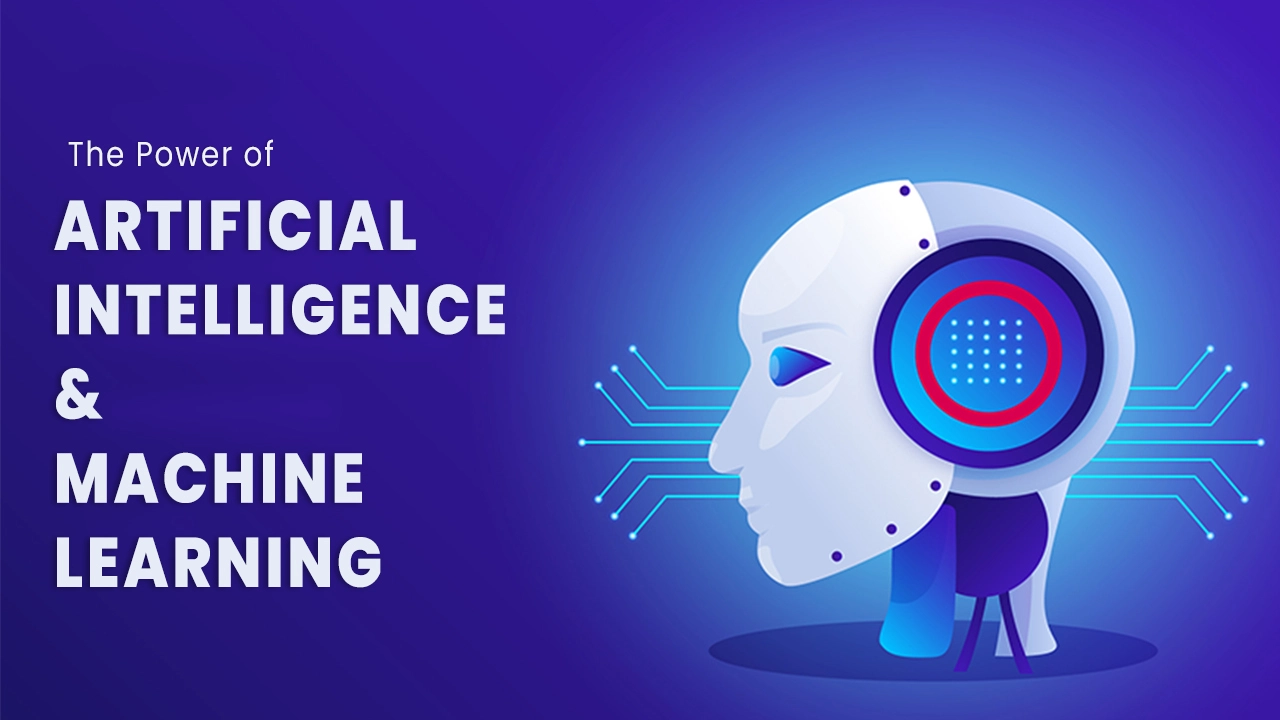
Expert System (AI) is changing education while making learning more available however also triggering arguments on its effect.

While students hail AI tools like ChatGPT for boosting their learning experience, lecturers are raising concerns about the growing reliance on AI, which they argue fosters laziness and undermines scholastic integrity, specifically with many students not able to safeguard their assignments or provided works.

Prof. Isaac Nwaogwugwu, a lecturer at the University of Lagos, in an interview with Nairametrics, expressed frustration over the growing dependence on AI-generated reactions among trainees stating a current experience he had.
RelatedStories
Avoid sharing personal information that can identify you with AI tools- Expert warns
Chinese AI app DeepSeek sparks international tech selloff, difficulties U.S. AI dominance
"I gave an assignment to my MBA trainees, and out of over 100 students, about 40% submitted the exact same responses. These trainees did not even understand each other, however they all used the very same AI tool to create their reactions," he stated.
He kept in mind that this trend is common among both undergraduate and cadizpedia.wikanda.es postgraduate trainees however is specifically concerning in part-time and distance learning programs.
"AI is a serious difficulty when it pertains to tasks. Many trainees no longer believe critically-they simply browse the web, produce responses, and submit," he included.
Surprisingly, some lecturers are also implicated of over-relying on AI, setting a cycle where both educators and trainees turn to AI for convenience instead of intellectual rigor.
This dispute raises crucial concerns about the function of AI in scholastic integrity and student advancement.
According to a UNESCO report, while ChatGPT reached 100 million monthly active users in January 2023, only one nation had actually launched policies on generative AI since July 2023.
As of December 2024, ChatGPT had more than 300 million individuals using the AI chatbot weekly and 1 billion messages sent out every day around the world.
Decline of academic rigor
University speakers are progressively concerned about students sending AI-generated tasks without genuinely understanding the content.
Dr. Felix Echekoba, a lecturer at Nnamdi Azikiwe University, expressed his issues to Nairametrics about students significantly relying on ChatGPT, only to battle with responding to standard questions when evaluated.
"Many students copy from ChatGPT and submit polished projects, but when asked fundamental concerns, they go blank. It's frustrating because education is about discovering, not just passing courses," he stated.
- Prof. Nwaogwugwu pointed out that the increasing number of superior graduates can not be entirely credited to AI however admitted that even high-performing students use these tools.
"A first-rate student is a top-notch trainee, AI or not, however that does not imply they do not cheat. The benefits of AI might be peripheral, but it is making trainees reliant and less analytical," he said.
- Another lecturer, Dr. Ereke, from Ebonyi State University, raised a different issue that some lecturers themselves are guilty of the very same practice.
"It's not just trainees using AI slackly. Some speakers, out of their own laziness, produce lesson notes, course details, marking schemes, and even test questions with AI without evaluating them. Students in turn utilize AI to produce answers. It's a cycle of laziness and it is killing genuine learning," he regreted.
Students' viewpoints on usage
Students, wiki.die-karte-bitte.de on the other hand, state AI has actually improved their learning experience by making scholastic materials more understandable and available.
- Eniola Arowosafe, a 300-level Business Administration trainee at Unilag, shared how AI has substantially aided her knowing by breaking down complex terms and offering summaries of lengthy texts.
"AI helped me comprehend things more quickly, particularly when dealing with intricate topics," she described.
However, she recalled an instance when she utilized AI to submit her task, just for her speaker to instantly acknowledge that it was produced by ChatGPT and reject it. Eniola noted that it was a good-bad effect.
- Bryan Okwuba, who just recently finished with a first-class degree in Pharmacy Technology from the University of Lagos, strongly thinks that his academic success wasn't due to any AI tool. He associates his impressive grades to actively interesting by asking questions and concentrating on locations that speakers emphasize in class, as they are frequently shown in examination concerns.
"It's all about existing, taking note, and using the wealth of knowledge shared by my coworkers," he stated,
- Tunde Awoshita, a final-year marketing student at UNIZIK, admits to occasionally copying straight from ChatGPT when facing numerous due dates.
"To be honest, there are times I copy directly from ChatGPT when I have several deadlines, and I understand I'm guilty of that, many times the speakers do not get to check out them, however AI has actually also assisted me discover quicker."
Balancing AI's function in education
Experts believe the solution lies in AI literacy; mentor trainees and speakers how to use AI as a knowing help rather than a shortcut.
- Minister of Education, Dr. Tunji Alausa, highlighted the integration of AI into Nigeria's education system, stressing the significance of a well balanced approach that maintains human participation while utilizing AI to improve discovering results.
"As we browse the quickly evolving landscape of Expert system (AI), it is important that we prioritise human firm in education. We need to make sure that AI boosts, rather than changes, teachers' crucial function in forming young minds," he stated
Concerns over AI in Learning
Dorcas Akintade, a cybersecurity change professional, attended to growing issues concerning making use of expert system (AI) tools such as ChatGPT and their potential threats to the academic system.
- She acknowledged the advantages of AI, nevertheless, highlighted the requirement for caution in its use.
- Akintade highlighted the increasing hesitance among educators and schools toward incorporating AI tools in finding out environments. She determined two main factors why AI tools are dissuaded in academic settings: security risks and plagiarism. She described that AI tools like ChatGPT are trained to respond based upon user interactions, which might not align with the expectations of teachers.
"It is not taking a look at it as a tutor," Akintade said, explaining that AI doesn't accommodate specific teaching approaches.
Plagiarism is another problem, as AI pulls from existing data, typically without appropriate attribution
"A great deal of individuals need to understand, like I stated, this is data that has been trained on. It is not just bringing things out from the sky. It's bringing info that some other people are fed into it, which in essence means that is another person's documentation," she warned.
- Additionally, Akintade highlighted an early concern in AI advancement understood as "hallucination," where AI tools would produce information that was not accurate.
"Hallucination suggested that it was highlighting information from the air. If ChatGPT might not get that information from you, it was going to make one up," she described.
She advised "grounding" AI by offering it with specific details to prevent such errors.
Navigating AI in Education
Akintade argued that banning AI tools outright is not the option, especially when AI presents a chance to leapfrog traditional instructional approaches.
- She thinks that regularly reinforcing essential info assists individuals keep in mind and vetlek.ru avoid making errors when confronted with difficulties.
"Immersion brings conversion. When you tell individuals the same thing over and over once again, when they are about to make the errors, then they'll keep in mind."
She also empasized the requirement for clear policies and procedures within schools, noting that many schools must resolve the people and procedure elements of this use.
- Prof. Nwaogwugwu has resorted to in-class assignments and tests to counter AI-driven academic dishonesty.
"Now, I primarily utilize tasks to ensure students supply original work." However, he acknowledged that managing large classes makes this approach tough.
"If you set intricate concerns, students won't have the ability to use AI to get direct answers," he explained.

He stressed the requirement for universities to train lecturers on crafting examination questions that AI can not easily fix while acknowledging that some lecturers battle to counter AI misuse due to a lack of technological awareness. "Some speakers are analogue," he said.
- Nigeria released a draft National AI Strategy in August 2024, concentrating on ethical AI development with fairness, transparency, responsibility, and personal privacy at its core.
- UNESCO in a report requires the regulation of AI in education, advising organizations to examine algorithms, data, and outputs of generative AI tools to ensure they meet ethical standards, protect user data, and filter unsuitable content.
- It worries the need to evaluate the long-term effect of AI on crucial abilities like thinking and imagination while creating policies that align with ethical frameworks. Additionally, UNESCO suggests implementing age constraints for GenAI use to secure younger students and safeguard vulnerable groups.
- For federal governments, it advised embracing a collaborated nationwide method to controling GenAI, including establishing oversight bodies and lining up guidelines with existing information defense and personal privacy laws. It stresses assessing AI threats, implementing more stringent guidelines for high-risk applications, and guaranteeing nationwide data ownership.









